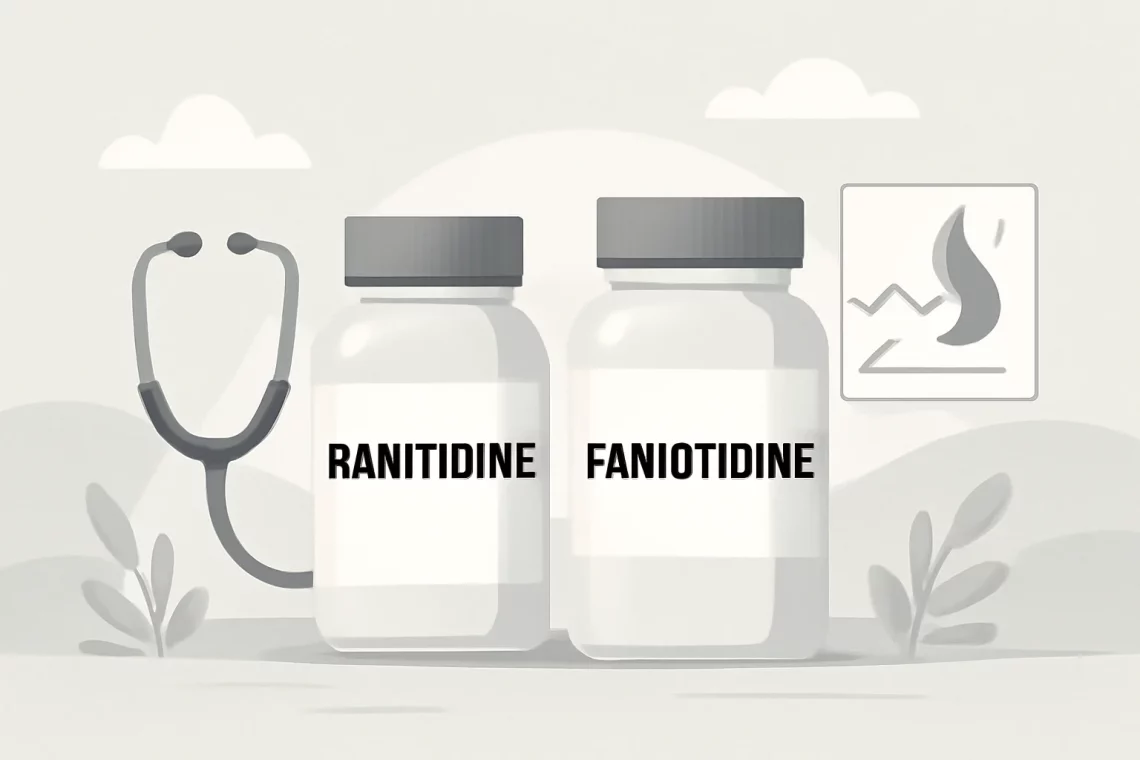-
Ranitidine vs Famotidine: Which Heartburn Relief is Better?
Ranitidine and famotidine are both medications commonly used to treat conditions related to excessive stomach acid. They belong to a class of drugs known as histamine-2 (H2) blockers, which work by reducing the amount of acid produced by the stomach. Understanding these medications and their differences can be crucial for individuals dealing with acid-related disorders, such as gastroesophageal reflux disease (GERD), peptic ulcers, and Zollinger-Ellison syndrome. As the prevalence of acid-related conditions continues to rise, it is essential for patients and healthcare providers to be informed about the available treatment options. While both ranitidine and famotidine are effective in managing these conditions, they differ in various aspects, including their mechanisms…
-
Ranitidine vs Famotidine: Which Antacid is Right for You?
Ranitidine and famotidine are two widely used medications in the realm of gastrointestinal health, primarily for their ability to reduce stomach acid production. As prevalent as heartburn and gastroesophageal reflux disease (GERD) are in modern society, the need for effective treatment options has led to the popularity of these drugs. Understanding the nuances between ranitidine and famotidine, their mechanisms of action, potential side effects, and other factors can be crucial for individuals seeking relief from acid-related disorders. Both ranitidine and famotidine belong to a class of medications known as histamine H2-receptor antagonists, which work by blocking histamine receptors in the stomach lining, thus reducing acid secretion. Despite their similar purpose,…







